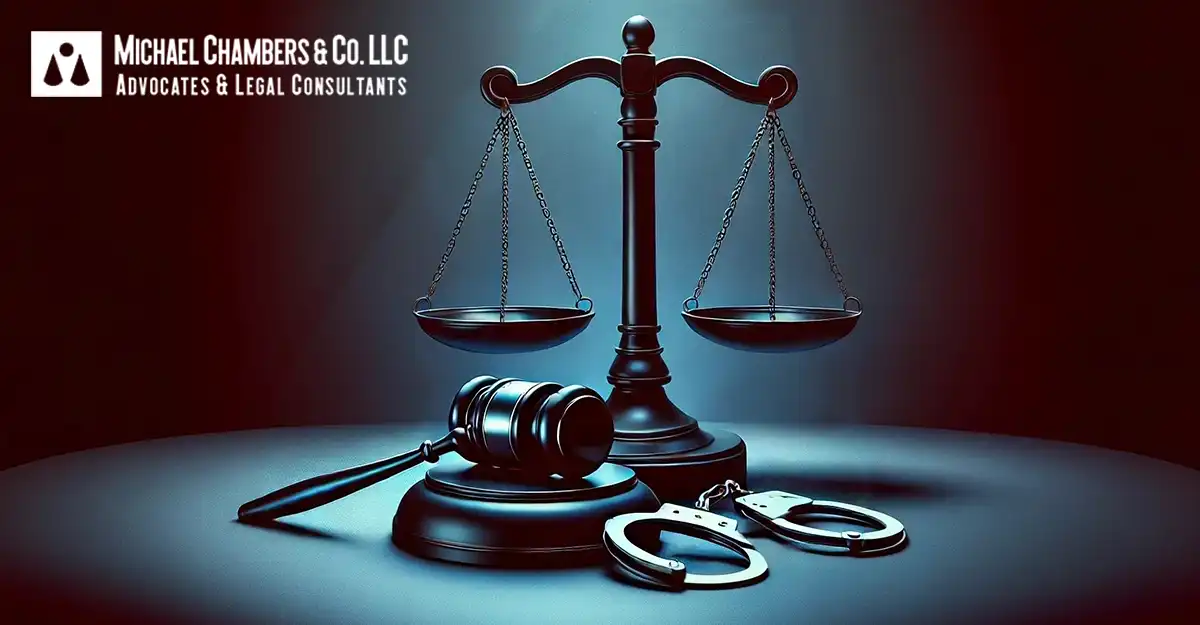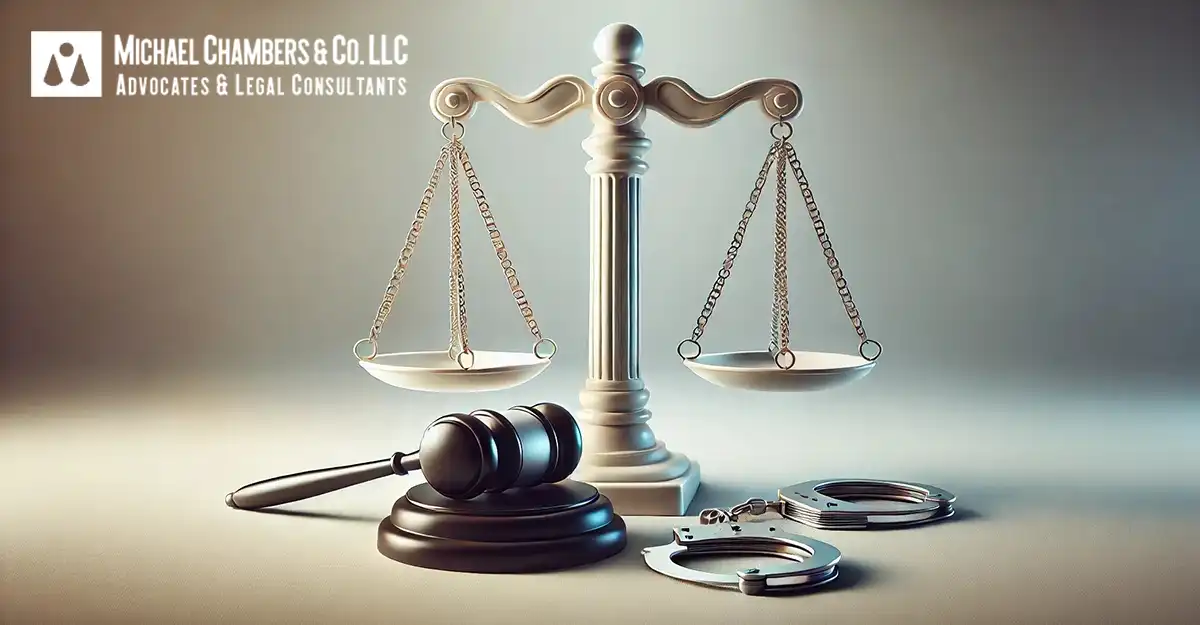The logo, symbol or design of a company is a commodity that serves to distinguish the goods or services of one company from those of its competitors. Once created, a trademark can be registered and will enjoy an initial seven-year period of protection from the date of filing of the application, which is renewable every fourteen years thereafter.
If the owner of a registered mark believes that someone has infringed his mark he is entitled to the protection of the District Court and may file a writ of summons to prevent further infringement and to obtain damages representing any infringement already incurred.
The first consideration in any claim is whether an infringement has actually occurred. The most common form of infringement will occur when another party uses a trademark that is either:
similar; or
identical
to the registered mark.
The degree of similarity required to warrant an action is one that is likely to cause confusion amongst the public between the two marks.
An action will also subsist where permission to use the trademark has been given to a third party who does not use the mark in the permitted manner.
Prior to the commencement of the hearing, the owner of the trademark may apply for an interim injunction, the effect of which will be to prevent further use of the infringing mark until the matter has been decided by the District Court.
In the case a claim is successful then a variety of different remedies will be available to the owner of the mark:
- Damages;
- A declaration as to ownership of the mark;
- An injunction preventing any further use of the mark by the defendant
- An account of profits gained by infringement;
- An order for destruction of infringing goods;
- An order for delivery up of infringing goods;
- An order for removal of the trademark.
There are a number of defenses available to a defendant and a claim will be defeated if the he can prove:
- That the trademark was not registered or validly registered (in which case a claim for passing off is a more appropriate course of action for the owner)
- That no infringement has actually happened;
- That he had the prior consent of the trademark owner to use the mark in the manner complained of;
- That the trademark owner took an unreasonable amount of time to bring the claim against him;
- That he was induced to infringe by the trademark owner;
- That he used an identical or similar trademark prior to the date of registration of the registered mark;
- That he did not use the mark in a manner that breaches his agreement with the trademark owner.
Michael Chambers & Co. LLC’s team of intellectual property lawyers can advise on the registerability of trademarks as well as undertake the process of registration of a trademark on behalf of clients. We are also expert litigators who can advise both trademark owners and those accused of infringements on claims. If you wish to speak to one of our intellectual property lawyers then please contact us.


